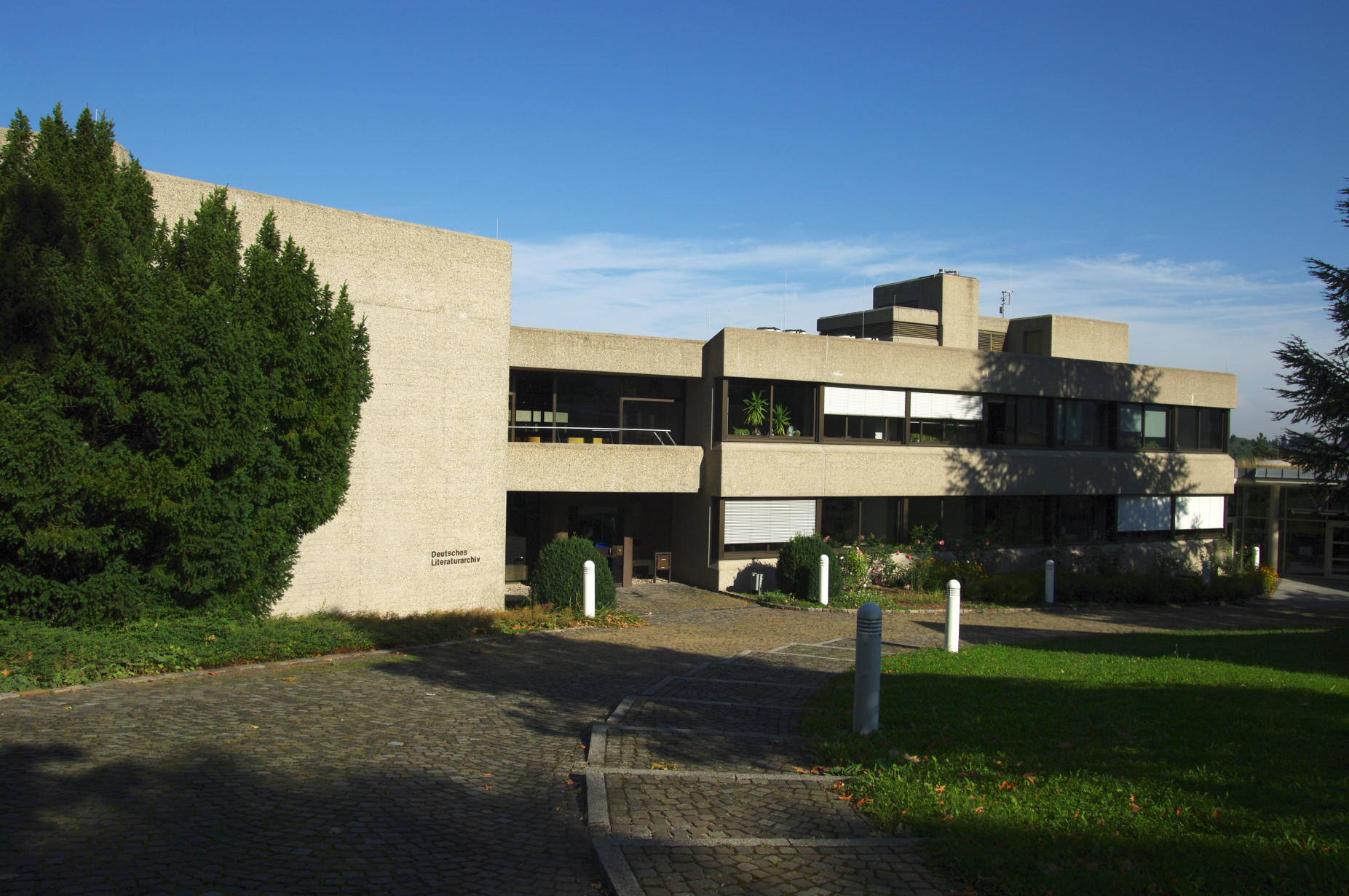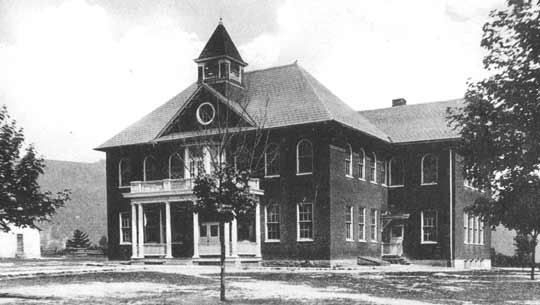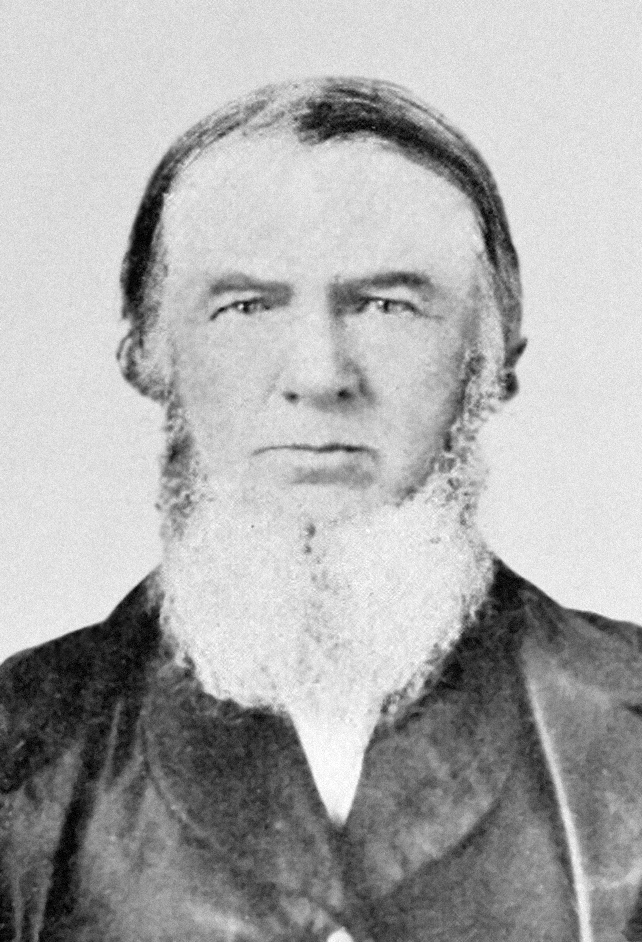|
Literary Societies
A literary society is a group of people interested in literature. In the modern sense, this refers to a society that wants to promote one genre of writing or a specific author. Modern literary societies typically promote research, publish newsletters, and hold meetings where findings can be presented and discussed. Some are more academic and scholarly, while others are more social groups of amateurs who appreciate a chance to discuss their favourite writer with other hobbyists. Historically, "literary society" has also referred to salons such as those of Madame de Stael, Madame Geoffrin and Madame de Tencin in Ancien Regime France, though these could more accurately be considered literary circles or coteries. Another meaning was of college literary societies, student groups specific to the United States. The oldest formal societies for writing and promoting poetry are the chambers of rhetoric in the Low Countries, which date back to the Middle Ages. 19th century literary ... [...More Info...] [...Related Items...] OR: [Wikipedia] [Google] [Baidu] |
Salon (gathering)
A salon is a gathering of people held by a host. These gatherings often consciously followed Horace's definition of the aims of poetry, "either to please or to educate" (Latin: ''aut delectare aut prodesse''). Salons in the tradition of the French literary and philosophical movements of the 17th and 18th centuries are still being conducted. Historical background The salon first appeared in Italy in the 16th century, then flourished in France throughout the 17th and 18th centuries. It continued to flourish in Italy throughout the 19th century. In 16th-century Italy, some brilliant circles formed in the smaller courts which resembled salons, often galvanized by the presence of a beautiful and educated patroness such as Isabella d'Este or Elisabetta Gonzaga. Salons were an important place for the exchange of ideas. The word ''salon'' first appeared in France in 1664 (from the Italian ''salone'', the large reception hall of Italian mansions; ''salone'' is actually the augmentati ... [...More Info...] [...Related Items...] OR: [Wikipedia] [Google] [Baidu] |
Deutsches Literaturarchiv Marbach
The Deutsches Literaturarchiv Marbach (DLA – German Literature Archive), established in 1955, in Marbach am Neckar Marbach am Neckar (, ) is a town about 20 kilometres north of Stuttgart. It belongs to the district of Ludwigsburg, the Stuttgart region and the European metropolitan region of Stuttgart. Marbach is known as the birthplace of Friedrich Schiller ..., is one of the most significant literary archives in the world. Its collections span literary and intellectual history from 1750 to the present and are open to everyone who is conducting source criticism. The DLA offers nearly 800,000 volumes and over 1,000 journals. References External links * Literary archives in Germany German literature {{Library-org-stub ... [...More Info...] [...Related Items...] OR: [Wikipedia] [Google] [Baidu] |
The Bootmakers Of Toronto
The Bootmakers of Toronto are a literary society devoted to Sherlock Holmes and located in Toronto, Ontario, Canada. Formation A number of fans of Sherlock Holmes participate in groups where they discuss theories and minutiae about the Sherlock Holmes stories. Some play the "Grand Game" by contending that Holmes and Dr. John Watson actually did exist and that the stories about them are largely factual accounts of their doings in Victorian and Edwardian Britain. The Bootmakers of Toronto are one such group. Established in 1972, the society at one point boasted some 350 members according to one source or more than 200 according to another source, and at one time drew 80 to 100 members or more than 100 members to its regular meetings, but more recently has fewer members and draws about 50 members to its regular meetings. At their high point in the 1990s, the society was the largest active Sherlockian society in North America with five to seven meetings a year. The society continu ... [...More Info...] [...Related Items...] OR: [Wikipedia] [Google] [Baidu] |
Morgantown, West Virginia
Morgantown is a city in Monongalia County, West Virginia, United States, and its county seat. It is situated along the Monongahela River in North Central West Virginia and is the home of West Virginia University. The population was 30,347 at the 2020 United States census, 2020 census, making it the List of municipalities in West Virginia, third-most populous city in West Virginia. The Morgantown metropolitan area had a population of 138,176 in 2020. History Morgantown's history is closely tied to the Anglo-French struggle for this territory. Until the Treaty of Paris (1763), Treaty of Paris in 1763, what is now known as Morgantown was greatly contested by white settlers and Native Americans in the United States, Native Americans, and by British and French soldiers. The treaty decided the issue in favor of the British, but Indian fighting continued almost to the beginning of the American Revolutionary War in 1775. Zackquill Morgan and David Morgan (frontiersman), David Morgan, so ... [...More Info...] [...Related Items...] OR: [Wikipedia] [Google] [Baidu] |
Romney, West Virginia
Romney is a town in Hampshire County, West Virginia, United States, and its county seat. The population was 1,722 at the 2020 United States Census, 2020 census. It is part of the Winchester, VA–WV MSA, Winchester, Virginia metropolitan area. The town was established in 1762 along with Shepherdstown, West Virginia, Shepherdstown; together, they are the two oldest towns in West Virginia. History Established by consecutive acts of the Virginia House of Burgesses and approved by the governor on December 23, 1762, Romney and Mecklenburg (later renamed Shepherdstown, West Virginia, Shepherdstown), in Jefferson County, West Virginia, Jefferson County, are the oldest towns in West Virginia. The bill containing the ''Act for establishing the town of Romney, in the county of Hampshire, and for other purposes therein-mentioned,'' is listed 20th on a list of approved "publick and private bills" and is immediately followed by ''An Act for establishing the town of Mecklenburg, in the count ... [...More Info...] [...Related Items...] OR: [Wikipedia] [Google] [Baidu] |
Romney Literary Society
The Romney Literary Society (also known as the Literary Society of Romney) existed from January 30, 1819, to February 15, 1886, in Romney, West Virginia. Established as the Polemic Society of Romney, it became the first organization of its kind in the present-day state of West Virginia, and one of the first in the United States. The society was founded by nine prominent men of Romney with the objectives of advancing literature and science, purchasing and maintaining a library, and improving educational opportunities. The society debated an extensive range of scientific and social topics, often violating its own rules which banned religious and political subjects. Even though its membership was relatively small, its debates and activities were frequently discussed throughout the Potomac Highlands of West Virginia, Potomac Highlands region, and the organization greatly influenced trends of thought in the Romney community and surrounding areas. The society's library began in 1819 ... [...More Info...] [...Related Items...] OR: [Wikipedia] [Google] [Baidu] |
Literary Society Of Washington
The Literary Society of Washington was formed in 1874 by a group of friends and associates who wished to meet regularly for "literary and artistic improvement and entertainment". - page 3 For more than 140 years, this literary society has convened monthly for discourse and the reading of essays written by members. The Society consists of approximately 40 Members, plus Honorary Associates and Emeritus Members. Unlike many similar social organizations, the Literary Society has included women members since its founding. The Society has no formal building or address, but meets in member homes or other locations. "Only in Washington could such a grouping have come to pass," wrote anthropologist Alice Fletcher in 1908. "Not only were its members drawn from different sections of the country, but they represented the varied life of the capital city. Within the charm of the drawing-room, officials of the Government, legislators, writers, artists, scientists and private men and women met ... [...More Info...] [...Related Items...] OR: [Wikipedia] [Google] [Baidu] |
Literary Club Of Cincinnati
The Literary Club of Cincinnati is located at 500 East Fourth Street, across from Lytle Park in downtown Cincinnati, Ohio. The club occupies a two-story Greek Revival house which was built in 1820, on the site of the home of William Sargent, secretary of the Northwest Territory. The Club was founded in 1849; its membership is limited to 100 men. The club was founded by woman's rights activist and abolitionist John Celivergos Zachos, Stanley Matthews (judge), Ainsworth Rand Spofford librarian of congress and 9 others. One year later President Rutherford B. Hayes became a member. Other prominent members included President William Howard Taft and notable club guests Ralph Waldo Emerson, Booker T. Washington, Mark Twain, Charles Dickens, Oscar Wilde and Robert Frost. [...More Info...] [...Related Items...] OR: [Wikipedia] [Google] [Baidu] |
Liceo Hidalgo
The Gran Teatre del Liceu (; ; ), or simply Liceu, is a theater in Barcelona, Spain. Situated on La Rambla, it is the city's oldest theater building still in use for its original purpose. Founded in 1837 at another location, the Liceu opened at its current address on 4 April 1847. The theater was rebuilt after fires in 1861 and 1994, and reopened on 20 April 1862 and 7 October 1999. On 7 November 1893, on the opening night of the season, an anarchist threw two bombs into the stalls. About twenty people were killed, and many more were injured. Between 1847 and 1989, the 2,338-seat Liceu was the largest opera house in Europe by capacity. Since 1994, the Liceu has been owned and managed by a public foundation whose board of trustees represents the Ministry of Culture, the Generalitat de Catalunya, the Provincial Deputation of Barcelona and the City Council of Barcelona. The theater has its own choir (the Cor del Gran Teatre del Liceu), symphony orchestra (the Orquestra Simf ... [...More Info...] [...Related Items...] OR: [Wikipedia] [Google] [Baidu] |
Academia De Letrán
An academy (Attic Greek: Ἀκαδήμεια; Koine Greek Ἀκαδημία) is an institution of tertiary education. The name traces back to Plato's school of philosophy, founded approximately 386 BC at Akademia, a sanctuary of Athena, the goddess of wisdom and Skills, skill, north of Ancient Athens, Athens, Greece. The Royal Spanish Academy defines academy as scientific, literary or artistic society established with public authority and as a teaching establishment, public or private, of a professional, artistic, technical or simply practical nature. Etymology The word comes from the ''Academy'' in ancient Greece, which derives from the Athenian hero, ''Akademos''. Outside the city walls of Athens, the Gymnasium (ancient Greece), gymnasium was made famous by Plato as a center of learning. The sacred space, dedicated to the goddess of wisdom, Athena, had formerly been an olive Grove (nature), grove, hence the expression "the groves of Academe". In these gardens, the philos ... [...More Info...] [...Related Items...] OR: [Wikipedia] [Google] [Baidu] |
Arcadia Mexicana
Arcadia may refer to: Places Australia * Arcadia, New South Wales, a suburb of Sydney * Arcadia, Queensland * Arcadia, Victoria Canada * Arcadia, New Brunswick * Arcadia, Nova Scotia Greece * Arcadia (region), a region in the central Peloponnese * Arcadia (regional unit), a modern administrative unit covering the region * Arcadia (constituency), an electoral district covering the region * Kyparissia in Messenia, a town known in the Middle Ages as Arcadia ** Barony of Arcadia, a medieval Frankish fiefdom of the Principality of Achaea * Arcadia (Crete), a town and city-state of ancient Crete Ukraine * Arcadia (Odesa), a quarter in Odesa ** Arcadia Beach ** Arcadia Park, Odesa United States * Arcadia (Phoenix), a neighborhood in Phoenix and Scottsdale, Arizona * Arcadia, California * Arcadia, Florida * Arcadia, Illinois * Arcadia, Indiana * Arcadia, Iowa * Arcadia, Kansas * Arcadia, Louisiana * Arcadia, Maryland * Arcadia, Michigan * Arcadia Lake (Michigan) * Arcadia, ... [...More Info...] [...Related Items...] OR: [Wikipedia] [Google] [Baidu] |
Società Letteraria Di Verona
''Società'' ( Italian: ''Society'') was an Italian communist cultural magazine published in Italy between 1945 and 1961. History and profile ''Società'' was founded as a quarterly magazine in Florence Florence ( ; ) is the capital city of the Italy, Italian region of Tuscany. It is also the most populated city in Tuscany, with 362,353 inhabitants, and 989,460 in Metropolitan City of Florence, its metropolitan province as of 2025. Florence ... in 1945. The founders were Ranuccio Bianchi Bandinelli, Cesare Luporini and Romano Bilenchi. Bandinelli also directed the magazine. In 1948 the magazine became closer to the Italian Communist Party (PCI), but was not published by the party. The headquarters was later moved to Rome, and in 1954 its frequency was switched to bimonthly. ''Società'' featured Italian fiction and poetry and occasionally included some essays on the theater and the cinema. It was one of the publications read by the Italian intellectuals, who had Gra ... [...More Info...] [...Related Items...] OR: [Wikipedia] [Google] [Baidu] |






